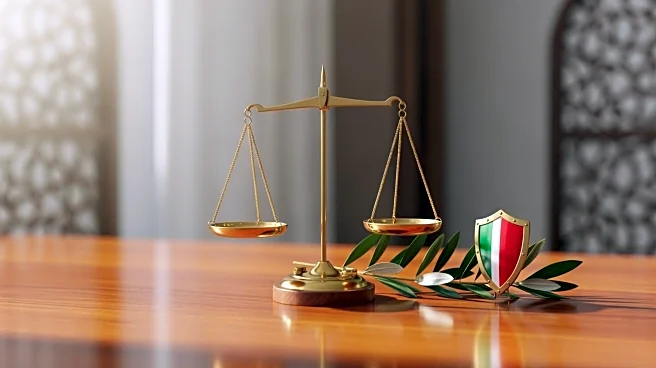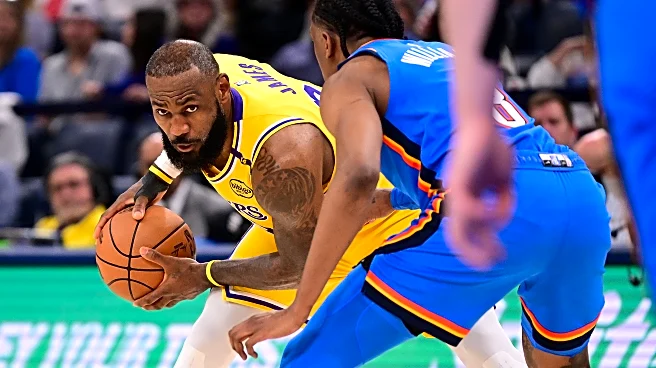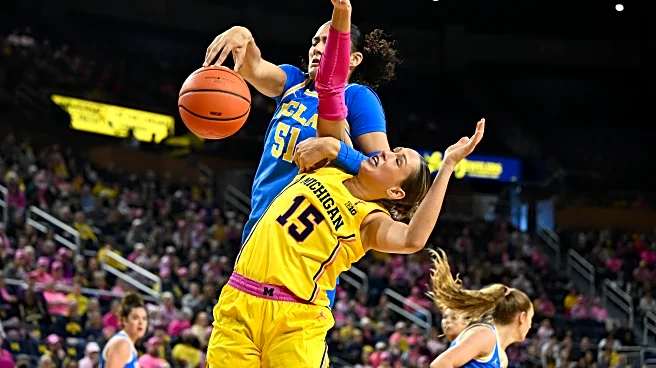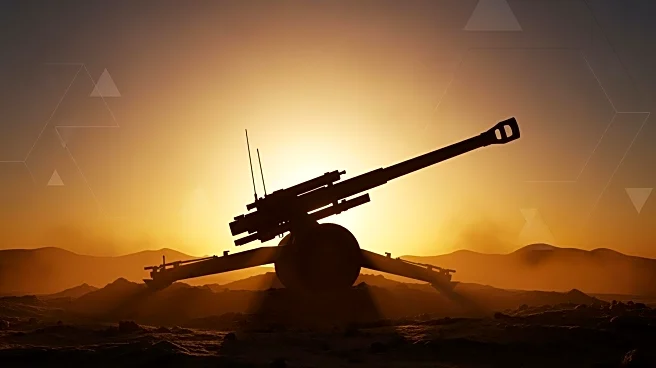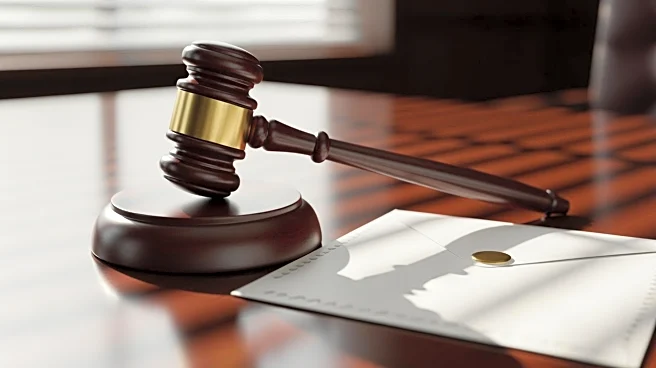What's Happening?
U.S. envoy Morgan Ortagus is set to visit Beirut for discussions with Lebanese officials regarding the disarmament of Hezbollah. This visit comes amid escalating tensions, as Israel has intensified airstrikes in southern and eastern Lebanon, resulting
in over a dozen casualties, primarily Hezbollah members. The situation raises concerns about a potential renewal of conflict despite a ceasefire established in November 2024. Ortagus, serving as the White House's deputy Middle East envoy, will participate in a meeting to review the Lebanese army's efforts to dismantle Hezbollah's weapons caches, a requirement under the ceasefire agreement. The visit follows warnings from another U.S. envoy, Tom Barrack, about the risks of renewed confrontation if Hezbollah is not disarmed.
Why It's Important?
The visit by U.S. envoy Morgan Ortagus underscores the critical role of international diplomacy in managing Middle Eastern tensions, particularly between Israel and Hezbollah. The potential for renewed conflict poses significant risks to regional stability and could have broader implications for U.S. foreign policy in the Middle East. The disarmament of Hezbollah is a contentious issue, with implications for Lebanon's internal politics and its relations with neighboring countries. The U.S. involvement highlights its strategic interest in preventing further escalation and maintaining the ceasefire, which is crucial for regional peace and security.
What's Next?
The outcome of Ortagus's discussions with Lebanese officials could influence future U.S. diplomatic strategies in the region. If successful, the talks may lead to increased pressure on Hezbollah to disarm, potentially averting further conflict. However, if tensions continue to rise, the U.S. may need to consider additional diplomatic or economic measures to stabilize the situation. The international community, including the United Nations, may also play a role in monitoring and enforcing the ceasefire agreement.
